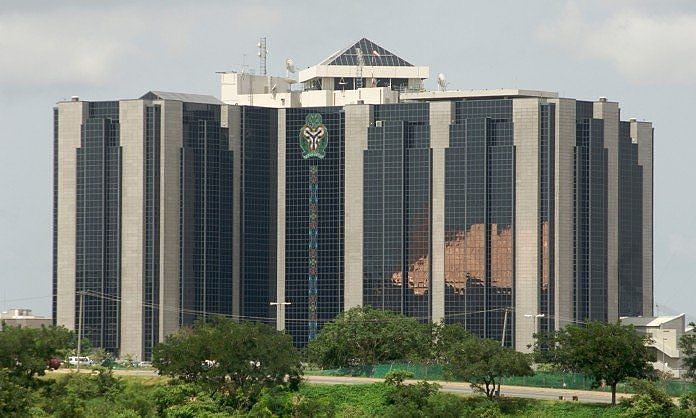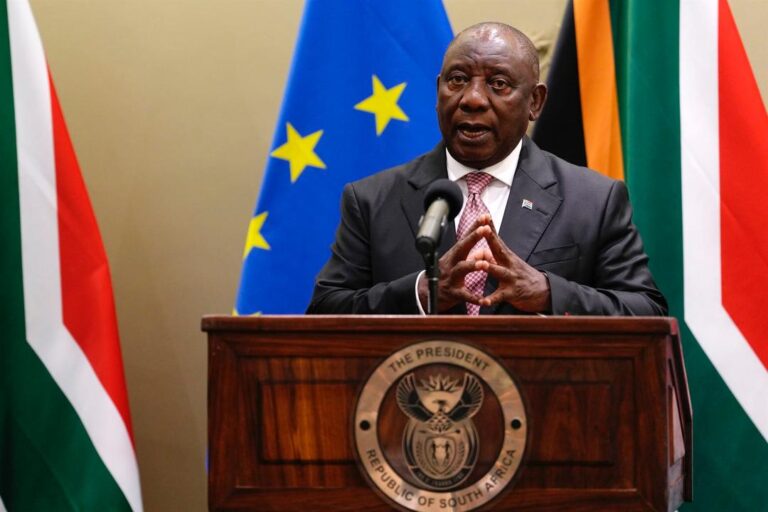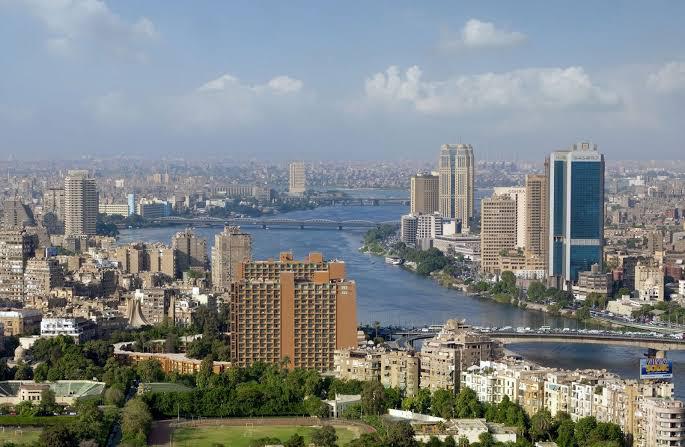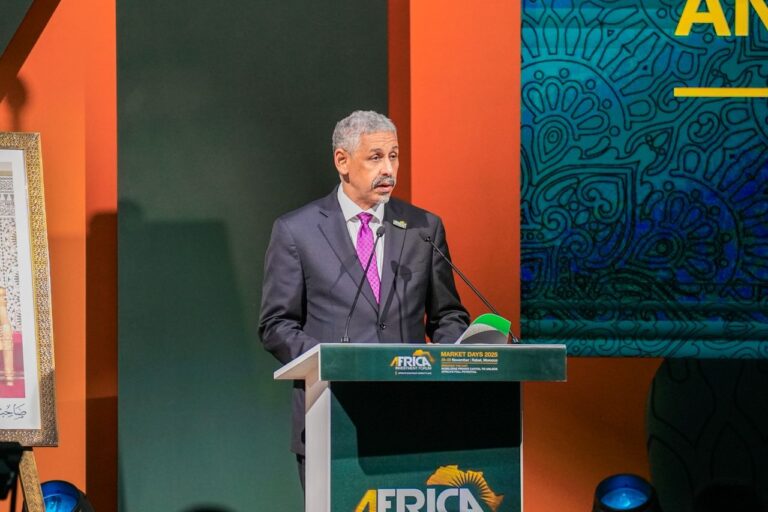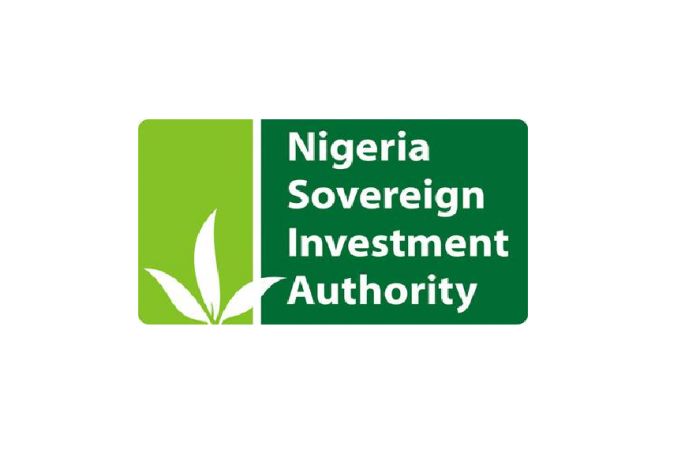By: Chidozie Nwali
The central bank of Nigeria (CBN) noted that the removal of country from the Financial Action Task Force (FATF) ‘dirty money’ list will yield tangible economic benefits through smooth inflows and outflows of payment for both households and businesses; as Nigeria is no longer on the list of countries under increased monitoring by the global anti-money laundering task force after spending two years on the list.
FATF removed Nigeria from the gray list on Friday following recent improvements in the country’s regulatory, supervisory, and enforcement frameworks, particularly in combating money laundering, terrorist financing, and proliferation financing; marking an important milestone in the West African country’s efforts to strengthen financial system integrity, and boost international confidence.
According to the apex bank, the recent move by the anti-money laundering task force will lower compliance costs, improve access to international finance, and make cross-border transactions faster and more affordable.
Economists have projected that the grey list designation had been costing nations billions in capital inflows, with some reports suggesting a potential loss of over 5% of GDP in capital flows for monitored countries.
A 2021 report by the International Monetary Fund (IMF) found that grey-listed countries can experience a “large and statistically significant reduction in capital inflows.”

“In time, these gains will translate into smoother trade settlements, quicker remittance inflows, and even more predictable access to foreign exchange – enhancing livelihoods, supporting enterprise growth, and deepening financial inclusion” CBN said in a statement on Saturday.
Mr. Olayemi Cardoso the CBN governor said the removal of Nigeria from the ‘dirty money’ list is a continued restoration of global confidence in the country’s economic management.
“Our priority now is to consolidate these gains, ensuring that compliance, innovation, and trust continue to advance hand in hand to reinforce financial stability and strengthen Nigeria’s global credibility.” He said.
Moody and Fitch global rating agencies upgraded Nigeria’s ratings outlook on the back of sound economic management.
In May, Moody ratings upgraded Nigeria’s long-term issuer ratings from Caa1 to B3 and changed the outlook to Stable from Positive, after Fitch Ratings had Upgraded the country’s credit rating from ‘B-‘ to ‘B’ with a stable outlook in April.

Nigeria was placed on an increased monitoring list in February 2023, after FATF highlighting the country’s ineffectiveness in tackling money laundering and combating terrorism financing.
However, Nigeria, South Africa, Mozambique, and Burkina Faso are the latest African countries to exit the list, reflecting broader financial management progress across the continent.



